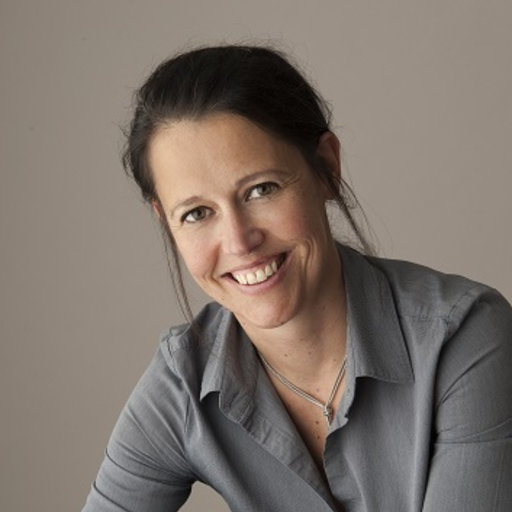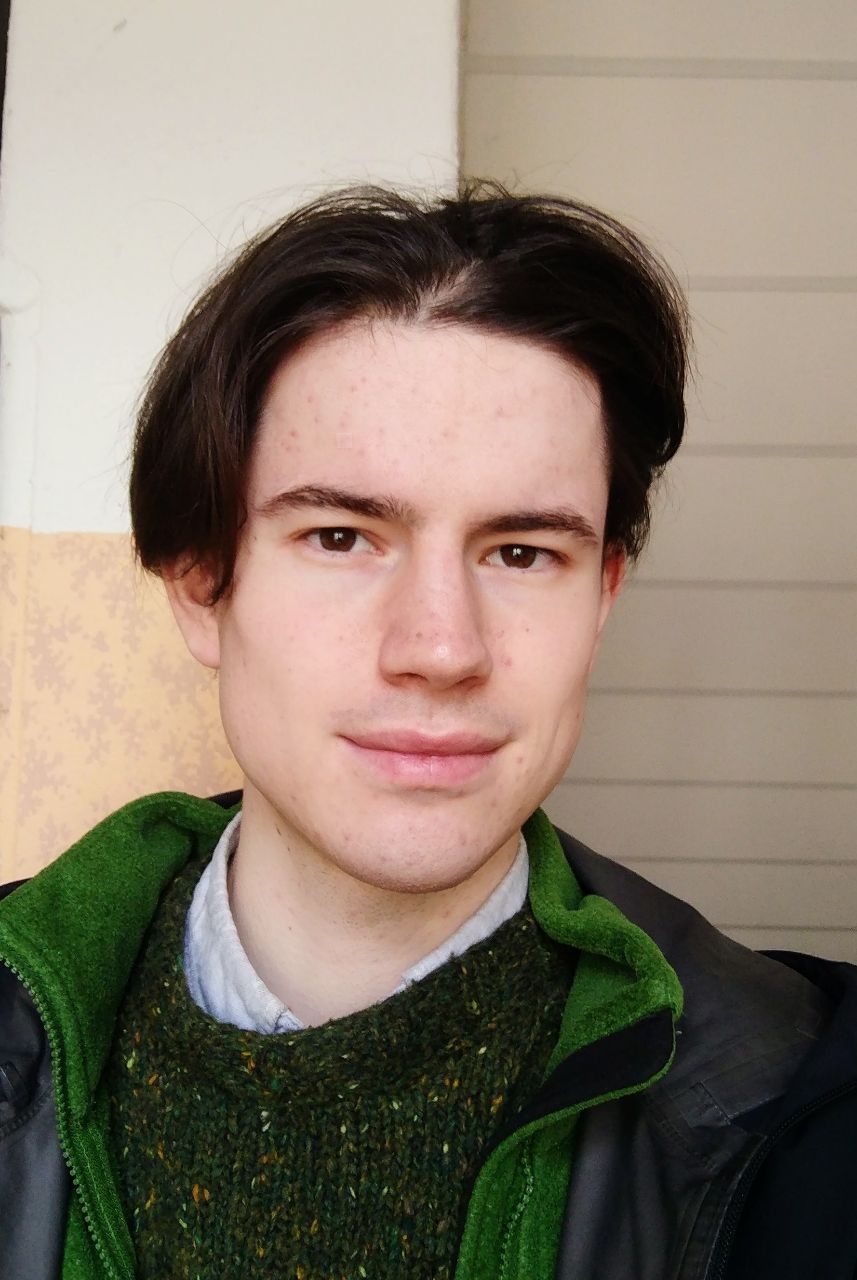About This Work

QuTiBench
Neural Networks have become one of the most successful universal machine learning algorithms.
They play a key role in enabling machine vision and speech recognition, and are increasingly
adopted in other application domains.
While the underlying computation is structurally simple, their computational complexity is enormous
and comes along with equally challenging memory requirements both in regards to capacity and access bandwidth.
This limits deployment in particular within energy constrained, embedded environments.
In order to address these implementation challenges, a broad spectrum of new customized and heterogeneous
hardware architectures have emerged, sometime referred to as deep learning processing units,
often accompanied with co-designed algorithms to extract maximum benefit out of the hardware.
Furthermore, numerous optimization techniques are being explored to reduce
compute and memory requirements while maintaining accuracy.
This results in an abundance of algorithmic and architectural choices, some of which fit specific use cases
better than others.
For system level designers, there is currently no good way to compare the variety of hardware, algorithm and
optimization options. While there are many benchmarking efforts in this field, they cover only subsections of
the embedded design space. None of the existing benchmarks support essential algorithmic optimizations such as
quantization, an important technique to stay on chip, or specialized heterogeneous hardware architectures.
We propose a novel benchmark suite, named QuTiBench, that addresses this need.
QuTiBench is a novel multi-tiered benchmarking methodology that supports algorithmic optimizations such as
quantization and helps system developers understand the benefits and limitations of these novel compute architectures
in regards to specific neural networks and will help drive future innovation.
We invite the community to contribute to QuTiBench in order to be able to support the full spectrum of choices
in implementing machine learning systems.
Contributing
See the website for instructions on contributing.
Publications
Michaela Blott, Alina Vasilciuc, Miriam Leeser and Linda Doyle, “Evaluating Theoretical Baselines for ML Benchmarking Across Different Accelerators,” in IEEE Design & Test, to appear. https://ieeexplore.ieee.org/document/9367248
Michaela Blott , Nicholas J. Fraser , Giulio Gambardella , Lisa Halder, Johannes Kath, Zachary Neveu, Yaman Umuroglu , Member, IEEE, Alina Vasilciuc, Miriam Leeser , Senior Member, IEEE, and Linda Doyle, “Evaluation of Optimized CNNs on Heterogeneous Accelerators using a Novel Benchmarking Approach” in IEEE Transactions on Computers, to appear. https://doi.ieeecomputersociety.org/10.1109/TC.2020.3022318
Blott, Michaela, et al. “QuTiBench: Benchmarking neural networks on heterogeneous hardware.” ACM Journal on Emerging Technologies in Computing Systems (JETC) 15.4 (2019): 1-38. https://arxiv.org/pdf/1909.05009.pdf
Michaela Blott, Johannes Kath, Lisa Halder, Yaman Umuroglu, Nicholas Fraser, Giulio Gambardella, Miriam Leeser, and Linda Doyle. 2020. “Evaluation of Optimized CNNs on FPGA and non-FPGA based Accelerators using a Novel Benchmarking Approach.” In The 2020 ACM/SIGDA International Symposium on Field-Programmable Gate Arrays (FPGA ’20). Association for Computing Machinery, New York, NY, USA, 317. https://dl.acm.org/doi/10.1145/3373087.3375348 .
Poster available here
About us
Michaela Blott
 Michaela Blott is a Distinguished Engineer at Xilinx Research in Dublin, Ireland, where she heads a team of international scientists driving exciting research to define new application domains for Xilinx devices, such as machine learning, in both embedded and hyperscale deployments. She earned her Master’s degree from the University of Kaiserslautern in Germany and brings over 25 years of computer architecture, FPGA and board design, in research institutions (ETH Zurich and Bell Labs) and development organizations. She is heavily involved with the international research community serving as the technical co-chair of FPL’2018, workshop organizer (H2RC), industry advisor on numerous EU projects, and member of numerous technical program committees (FPL, ISFPGA, DATE, etc.).
Michaela Blott is a Distinguished Engineer at Xilinx Research in Dublin, Ireland, where she heads a team of international scientists driving exciting research to define new application domains for Xilinx devices, such as machine learning, in both embedded and hyperscale deployments. She earned her Master’s degree from the University of Kaiserslautern in Germany and brings over 25 years of computer architecture, FPGA and board design, in research institutions (ETH Zurich and Bell Labs) and development organizations. She is heavily involved with the international research community serving as the technical co-chair of FPL’2018, workshop organizer (H2RC), industry advisor on numerous EU projects, and member of numerous technical program committees (FPL, ISFPGA, DATE, etc.).
Contact: mblott@xilinx.com
Miriam Leeser
 Miriam Leeser is Professor of Electrical and Computer Engineering at Northeastern University. Her research interests are in hardware accelerators, including FPGAs and GPUs, as well as floating point implementations, unsupervised learning, medical imaging, privacy preserving data processing and wireless networking and security. She received her BS degree in Electrical Engineering from Cornell University, and Diploma and Ph.D. Degrees in Computer Science from Cambridge University in England. She has been a faculty member at Northeastern since 1996, where she is head of the Reconfigurable and GPU Computing Laboratory and a member of the Computer Engineering group. She is a senior member of ACM, IEEE and SWE. Throughout her career she has been funded by both government agencies and companies, including DARPA, NSF, Google, MathWorks and Microsoft. She received the prestigious Fulbright Scholar Award in 2018.
Miriam Leeser is Professor of Electrical and Computer Engineering at Northeastern University. Her research interests are in hardware accelerators, including FPGAs and GPUs, as well as floating point implementations, unsupervised learning, medical imaging, privacy preserving data processing and wireless networking and security. She received her BS degree in Electrical Engineering from Cornell University, and Diploma and Ph.D. Degrees in Computer Science from Cambridge University in England. She has been a faculty member at Northeastern since 1996, where she is head of the Reconfigurable and GPU Computing Laboratory and a member of the Computer Engineering group. She is a senior member of ACM, IEEE and SWE. Throughout her career she has been funded by both government agencies and companies, including DARPA, NSF, Google, MathWorks and Microsoft. She received the prestigious Fulbright Scholar Award in 2018.
Contact: mel@coe.neu.edu
Linda Doyle
Johannes Kath
 Johannes Kath is an undergraduate student of Information Systems Technology at Dresden University of Technology. During an internship at Xilinx Research Labs he worked on benchmarking and optimization of Neural Networks on heterogeneous architectures as part of his Master’s Degree.
Johannes Kath is an undergraduate student of Information Systems Technology at Dresden University of Technology. During an internship at Xilinx Research Labs he worked on benchmarking and optimization of Neural Networks on heterogeneous architectures as part of his Master’s Degree.
Contact:johannes.kath@mailbox.tu-dresden.de
Lisa Halder
 Lisa Halder studied Communications and Computer Engineering at Ulm University. During her Master’s degree she was an intern at Xilinx and wrote her thesis about benchmarking of Neural Networks on heterogeneous architectures as collaboration with Xilinx Research. She now works as Software Developer at Institut Dr. Förster GmbH & Co. KG.
Lisa Halder studied Communications and Computer Engineering at Ulm University. During her Master’s degree she was an intern at Xilinx and wrote her thesis about benchmarking of Neural Networks on heterogeneous architectures as collaboration with Xilinx Research. She now works as Software Developer at Institut Dr. Förster GmbH & Co. KG.
Contact: lisa.halder@gmx.de
Zachary Neveu
 Zachary Neveu was an undergraduate student at Northeastern University and now works at Modulate.ai.
Zachary Neveu was an undergraduate student at Northeastern University and now works at Modulate.ai.
Contact: zachary.neveu@gmail.com
Alina Vasilciuc
 Alina Vasilciuc is an postgraduate student at Nova School of Science and Technology . Her professional interests are Computer Architecture, FPGA design and Machine Learning. During her Master’s degree she did an internship at Xilinx Research Labs and wrote her thesis about Data Visualization for Benchmarking Neural Networks in Different Hardware Platforms. Her her website is available here and her Linkedin is available here.
Alina Vasilciuc is an postgraduate student at Nova School of Science and Technology . Her professional interests are Computer Architecture, FPGA design and Machine Learning. During her Master’s degree she did an internship at Xilinx Research Labs and wrote her thesis about Data Visualization for Benchmarking Neural Networks in Different Hardware Platforms. Her her website is available here and her Linkedin is available here.
Contact: alina.vasilciuc@hotmail.com